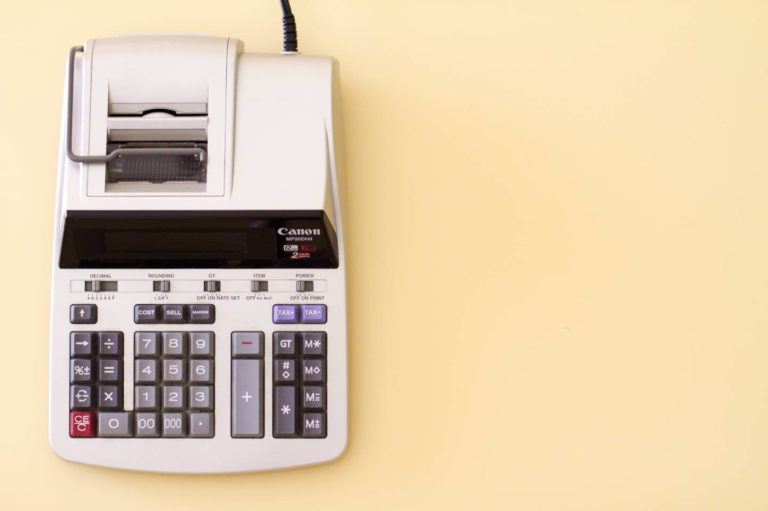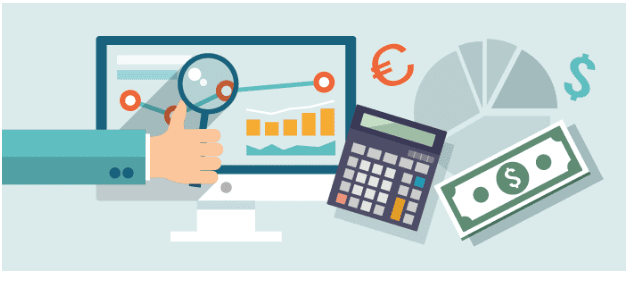It is all too easy to neglect the area of procurement in your business. Of course, you have to buy goods and/or services to keep the wheels turning, however, these may not always be planned as well as they should be.
As a result, you could end up wasting money and spending more than you need to by purchasing goods that you shouldn’t, either because they aren’t of a good enough quality, they don’t deliver the ideal value for your business, or because the supplier is simply delivering a low service level.
If you don’t put enough time and effort into your purchasing and procurement obligations—i.e. by designing an efficient purchasing plan—then your costs of doing business could rise to an unnecessarily high level. In the end, this will have a negative impact on your cash flow.
Procurement Planning is Important Because:
- Procurement planning helps you decide what to buy, when, and where from.
- Planners can determine the time needed to complete the procurement process. This gives you an opportunity to award contracts more efficiently.
- Procurement planning enables planners to figure out if your expectations are viable and realistic, particularly if your requirements need to be met over a short time period.
- The need for technical expertise or specialist suppliers can be realized earlier. This streamlines the entire procurement process.
- It stops you having an overfilled inventory with stock that is difficult to shift.
Procurement 101: Creating an Efficient Purchasing Plan
To purchase good and/or services wisely and to get the best return on investment, you need to buy the right quantity and indeed quality of products or materials at the best (i.e. lowest) possible price. They also need to be purchased at the appropriate time—there is no point buying goods two years in advance, for example—from a suitable manufacturer or vendor.
In smaller companies such as yours, it is often easier to implement a procurement plan than it is in larger businesses. This is because it is you, the owner, who is deciding what to buy, where to buy it from, when to buy it, how much to buy, and how often.
As the business begins to grow, however, you, the owner, may not be able to handle this task alone. At this point, you will delegate it to another individual and this person may delegate it to others.
This is where an efficient procurement plan really begins to pay off.
With a procurement plan in place, when you delegate the tasks to another individual or team within your organization, there is a set of guidelines and standards in place for them to follow. By following your guidelines and standards, the purchasing process will continue run smoothly and efficiently; with a plan in place, nobody is going to be trying to make major changes, switch up suppliers, buy different types of products or materials, and start modifying contracts.
What Should My Purchasing and Procurement Policy Cover?
There are several questions that your purchasing policy should answer. By providing a thorough answer for each one of these, the person(s) you delegate the task of procurement to will be able to stick to your guidelines.
According to the Small Business Administration, they are:
- Who has the authority to purchase items for the company? What items can that person purchase? Are there any spending limitations?
- What are the business’s requirements for adequate supplier competition and what criteria will be used to select possible vendors?
- What is the company’s position on the acceptance of gifts?
- Which types of contracts can the business enter into with successful bidders or vendors?
- What is the company’s position on conflict of interest and personal loans from suppliers?
- What kinds of information does the company consider confidential?
- What is the procedure for dealing with legal questions?
Providing a policy that covers these questions and more eliminates the likelihood of purchasing problems further down the line.
While your business may only be small now and you are able to handle this on your own, there will most likely come a time when you pass the reigns on. A purchasing policy is just one of many things you can put in place to make the transition easier.











